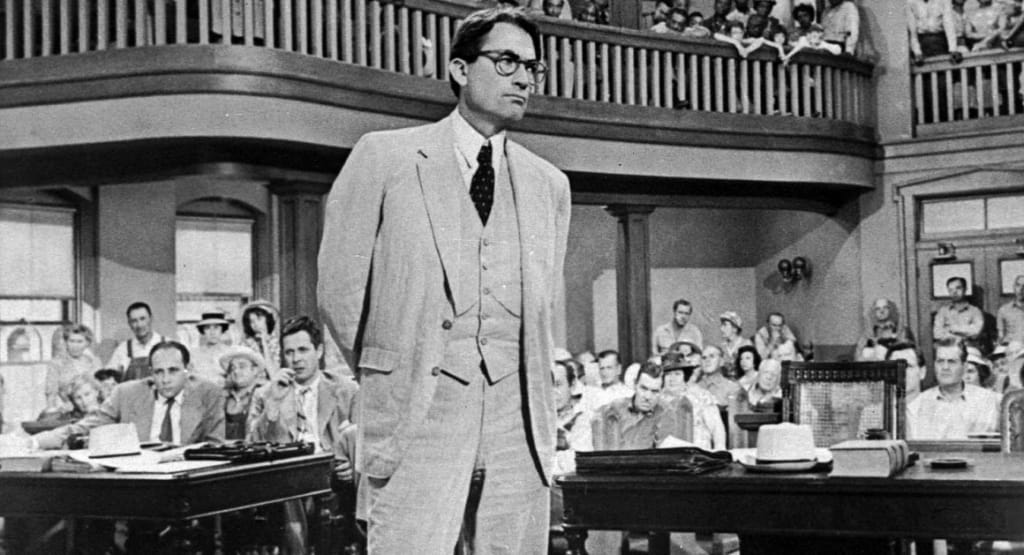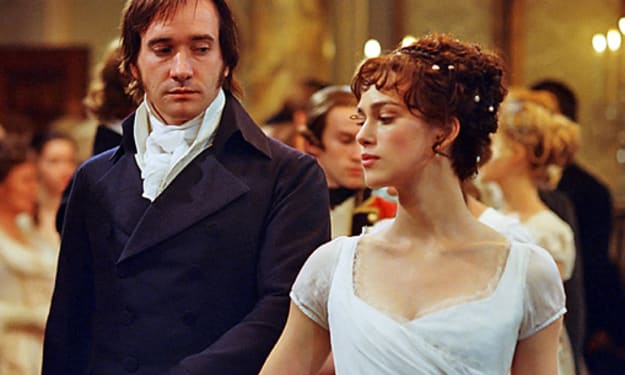Why you should read To Kill A Mocking Bird
The capacity of good and evil

"To Kill a Mockingbird," written by Harper Lee and published in 1960, is a profound and timeless novel set in the racially divided Southern United States during the 1930s. The story is narrated by Jean Louise "Scout" Finch, a young girl living in the fictional town of Maycomb, Alabama. The novel revolves around themes of racial injustice, moral growth, empathy, and the loss of innocence.
The plot unfolds as Scout and her older brother, Jeremy "Jem" Finch, befriend a boy named Charles Baker "Dill" Harris. They become fascinated by the reclusive neighbor, Arthur "Boo" Radley, who has remained hidden in his home for years. Boo Radley becomes a subject of curiosity and intrigue for the children, as they create imaginative stories about his mysterious life.
Atticus Finch, Scout and Jem's father, plays a central role in the novel. He is a principled and compassionate lawyer, known for his integrity and sense of justice. Atticus is assigned to defend Tom Robinson, a black man accused of raping a white woman, Mayella Ewell. Despite the racial tensions in Maycomb, Atticus takes on the case with determination, knowing the uphill battle he faces.
As the trial progresses, the Finch family faces hostility from the townspeople due to Atticus' decision to represent Tom. Scout and Jem witness the cruelty of racism and the deeply ingrained prejudices of their community. Atticus, however, remains steadfast, believing in the importance of defending the innocent and upholding the truth. During the trial, Atticus exposes the inconsistencies in Mayella Ewell's testimony, revealing that she fabricated the story to hide her advances towards Tom, who had been kind to her. Despite the clear evidence of Tom's innocence, the all-white jury still convicts him, reflecting the racial bias prevalent at that time.
Throughout the novel, Scout and Jem undergo significant moral growth as they grapple with the complexities of their society. They learn about empathy and the value of understanding others' perspectives. Their father's teachings instill in them the importance of looking beyond appearances and stereotypes, leading them to reconsider their initial perceptions of Boo Radley.
As Scout and Jem face various challenges, they experience a loss of innocence. The harsh realities of bigotry, prejudice, and injustice in their community impact them deeply. However, they also encounter instances of compassion and kindness, such as when Boo Radley saves them from a dangerous situation, revealing his true nature as a gentle and caring person.
"To Kill a Mockingbird" beautifully captures the essence of childhood, friendship, and the moral struggles faced in a deeply divided society. The mockingbird symbolizes innocence and goodness, and Atticus explains to Scout that it is a sin to kill a mockingbird because they only bring music and joy to the world. Throughout the novel, several characters can be likened to mockingbirds, including Tom Robinson, Boo Radley, and even Mayella Ewell, who becomes a victim of her abusive father, Bob Ewell.
The novel's profound impact lies in its ability to shed light on the darker aspects of human nature while also celebrating acts of courage, compassion, and moral integrity. Harper Lee's masterful storytelling weaves together themes of race, class, gender, and the complexities of human behavior, leaving readers with enduring lessons about the power of empathy and the importance of standing up for what is right.
"To Kill a Mockingbird" has become an enduring classic, studied in schools and cherished by readers worldwide. Its exploration of the human spirit's capacity for good and evil continues to resonate with audiences, making it a powerful reminder of the importance of justice and compassion in our society.
About the Creator
Emery St. Wayne
I write for freedom and creativity, to escape our world for something radically different. Why experience something that is expected, when the unexpected is so surreal.
Subscribe for more fun and interesting content!






Comments
There are no comments for this story
Be the first to respond and start the conversation.